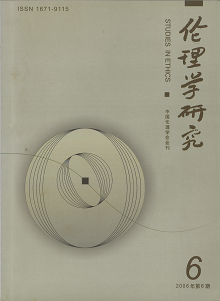|
|
Mozi's Ideal of Double Love and Constitution of Harmony of the World
JIANG Chang
2006(6):
84-87.
Although the ideal put by Mozi that all people should love each other in the world didn't realize, But it is still a target pursued by human. Today is times of global integration and modernization, in the face of individualism and national egoism being in vogue or the doctrine that a country is above all, in the face of cruel world that is drown out by relations of interests, in the face of various crimes, terror activities and local wars, it has become a significant and urgent task for contemporary human and every country in the world to build a restrict mechanism of making the stronger not to oppress the weaker, the crowd not to oppress the few, rich people not bully poor people, the swindlers not to cheat the fools, and constitute dynamic harmony of the world under Mozi's flag of ideal of double love. This paper tries to explain the significance of Mozi's thoughts of double love for constituting contemporary harmony of the world.
|



